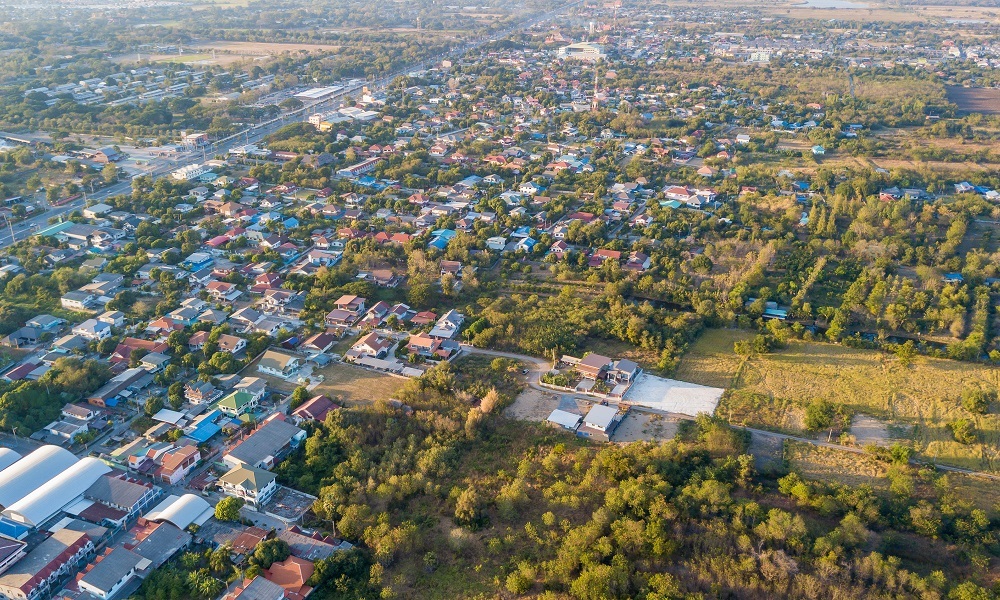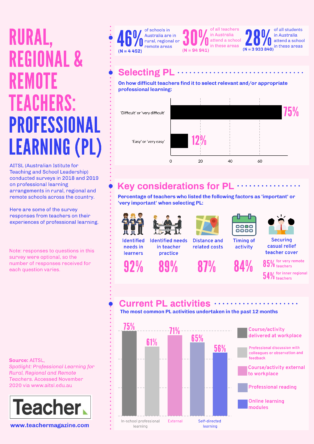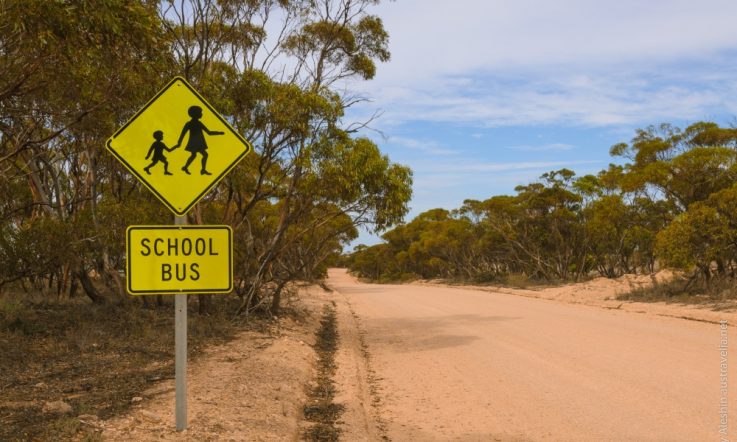Welcome to this month's edition of Researching education: Five further readings. In this series, we take a look at some further readings available on a particular topic, including open access research papers from various online databases, and Teacher archive content you might not have come across yet.
As an educator working in a rural community, what are the most pressing challenges you face that are directly related to the location of your school? Is professional learning an area you need support in? What about staff turnover or opportunities for students? Here, we share five reports that analyse the experiences of staff and students based in rural schools across the country.
- Working together: supporting students, staff and leaders in Queensland's rural and remote schools. In this paper from the Queensland Department of Education, the authors summarise the results of reviews conducted of 125 rural schools and 37 remote schools in 2019. They discuss the strengths of these schools, like their strong community relationships and overall positive culture. Areas of improvement and common challenges faced by these schools are also revealed.
‘The size and location of a school can create unique challenges,’ the report reads. ‘Most commonly, these include limited professional learning opportunities, high staff turnover, and staff being required to teach outside of their specialised subject areas.’ - Education in remote and complex environments. House of Representatives Standing Committee on Employment, Education and Training. The House of Representative’s Standing Committee on Employment, Education and Training prepared this report following an inquiry into how the education system is currently meeting the needs of students in regional, rural and remote communities. The inquiry revealed some of the barriers faced by students in these areas, and provided 14 recommendations to improve outcomes for students.
- Spotlight: Professional learning for rural, regional and remote teachers. A Teacher infographic recently highlighted some findings of this Spotlight report from AITSL. The report discloses how teachers working in rural, regional and remote areas find it difficult to access professional learning; the most common professional learning activities they have participated in in the past year; and the role of job-embedded learning.
‘Through an increased focus on job-embedded, relevant and collaborative learning for rural, regional and remote teachers, the burdens of long distance and high cost could be reduced,’ the report reads. - Contextualising policy enactment in regional, rural and remote Australian schools: A review of the literature. This journal paper analyses why schools in regional, rural and remote communities across the country – who are facing geographical disadvantage – are missing out on policy enactment. The paper’s author, Alice Herbert from James Cook University, conducted a literature review which found that policy enactment is influenced by situational context, professional context, material context, and external context. ‘Policies need to be enacted within place, using community participation to be effective,’ she writes. ‘This research is a fruitful endeavour as there is a need to contextualise not only policies, but also pedagogy and practice.
- Boarding Off and On Country: A Study of Education in one Northern Territory Remote Community. Researchers from the Centre for Aboriginal Economic Policy Research from the Australian National University have observed the educational opportunities available to students living in a remote community in the Northern Territory. Students here are required to attend boarding school in secondary school, and the researchers found the available places for students are fewer than the number of students in the community. The report also delves into other barriers to secondary education, like social factors and post-school outcomes.
Some of the resources featured in this article can be found through Cunningham Library Catalogue and EdResearch Online. At the links below, you can search for more resources on the topic of rural education in these two online databases.
The Cunningham Library membership is open to individuals, schools and organisations. Membership includes access to a comprehensive collection of education research literature; weekday alerts to a selection of Australian education news; fast supply of articles and books from the collection; support in finding research; and an integrated online search tool that works across all our resources.
To become a library member, visit the website.



